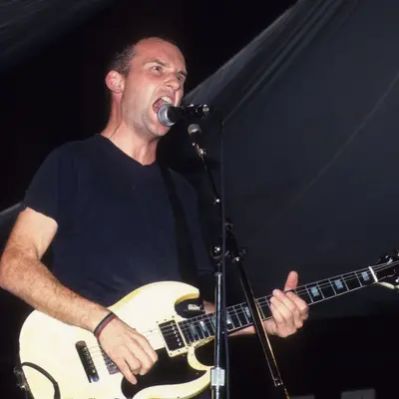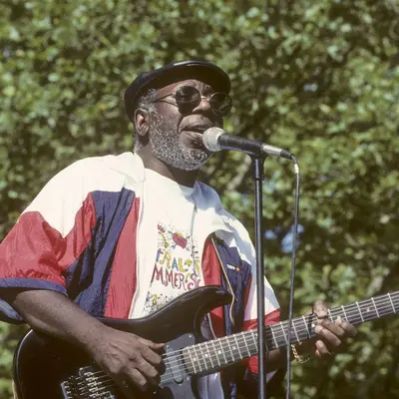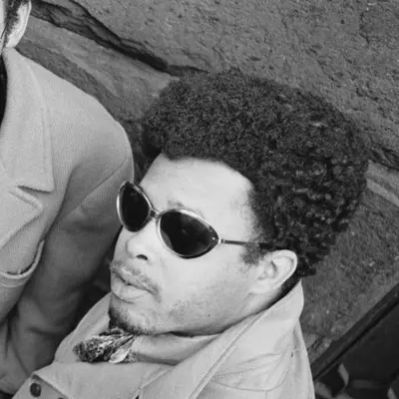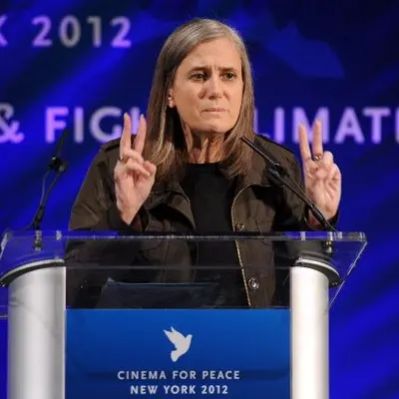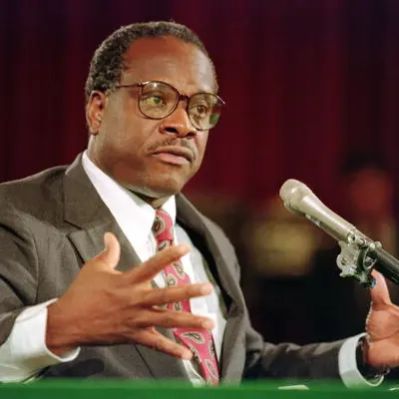What Is Ian MacKaye’s Net Worth?
Ian MacKaye, a prominent figure in the American punk rock scene, has accumulated a net worth of $5 million. This financial standing is primarily attributed to his extensive career as a musician, singer, songwriter, record producer, and co-owner of Dischord Records. His contributions to the music industry span several decades, with involvement in influential bands such as Minor Threat and Fugazi, each contributing significantly to his overall net worth.
Early Career and Dischord Records
MacKaye’s journey began in Washington, D.C., where he was born on April 16, 1962. His early exposure to music and the burgeoning punk scene in the late 1970s ignited his passion. In 1979, a pivotal moment occurred when MacKaye witnessed the Cramps perform at Georgetown University, solidifying his commitment to punk music. Shortly thereafter, he formed his first band, the Slinkees, with schoolmates Jeff Nelson, Geordie Grindle, and Mark Sullivan. The band played a single show before disbanding, leading to the formation of the Teen Idles. The Teen Idles recorded two demo sessions and released the EP “Minor Disturbance” in 1980. This EP holds historical significance as the inaugural release on Dischord Records, which MacKaye co-founded with Nelson. Dischord Records plays a vital role in MacKaye’s financial portfolio, as it generates revenue from record sales and distribution of numerous artists within the punk and hardcore genres. While specific financial figures for Dischord Records are not publicly available, its consistent operation and influential status within the independent music scene contribute steadily to MacKaye’s income.
Minor Threat and the Straight Edge Movement
Following the breakup of the Teen Idles, MacKaye and Nelson formed Minor Threat in late 1980. Joined by Brian Baker and Lyle Preslar, and later Steve Hansgen, Minor Threat became a cornerstone of the hardcore punk movement. MacKaye served as the band’s frontman, lending his distinctive vocals and songwriting to their influential sound. Despite a relatively short lifespan, Minor Threat left an indelible mark on the music scene. Their 1981 song “Straight Edge” became the anthem for a subculture emphasizing a drug-free and temperate lifestyle. Although Minor Threat released only one studio album, “Out of Step” (1983), their discography, including EPs and compilations, continues to generate revenue through sales and licensing. While precise sales figures are not readily available, the band’s enduring popularity and cult following ensure a consistent stream of income for MacKaye. The band’s influence on the scene has led to continued royalty payments over the years.
Embrace, Pailhead, and Fugazi
In 1985, MacKaye formed Embrace, a band that was a key part of the “Revolution Summer” movement in Washington, D.C. This band showcased a more melodic and introspective side of MacKaye’s songwriting. While Embrace’s lifespan was brief, their contribution to the D.C. music scene was significant. Following Embrace, MacKaye briefly collaborated with Al Jourgensen of Ministry in the industrial metal project Pailhead. While Pailhead’s output was limited to a single EP, “Trait,” it demonstrated MacKaye’s versatility and willingness to experiment with different musical styles. However, it was Fugazi that cemented MacKaye’s legacy and significantly contributed to his financial stability. Formed in 1986 with Guy Picciotto, Joe Lally, and Brendan Canty, Fugazi became known for their distinctive post-hardcore sound, DIY ethos, and commitment to affordable concert tickets. Fugazi’s business model, which shunned high ticket prices and major label deals, was not directly aimed at maximizing profits. Instead, it focused on accessibility and artistic integrity. However, the band’s popularity allowed them to generate substantial income through album sales, merchandise, and live performances. For instance, Fugazi consistently played sold-out shows and maintained a strong international touring schedule. While exact financial figures for Fugazi are not publicly accessible, the band’s extensive touring, album sales, and merchandise revenue over their 17-year career significantly boosted MacKaye’s net worth. The band released four EPs, six studio albums, a film, and a series of live recordings before going on indefinite hiatus in 2003.
The Evens and Coriky
After Fugazi went on hiatus, MacKaye continued to pursue his musical interests through other projects. In 2001, he formed the indie rock duo The Evens with his wife, Amy Farina. The Evens are known for their minimalist instrumentation and politically charged lyrics, often performing in unconventional venues such as bookshops and community centers. The duo released their self-titled debut album in 2005, followed by “Get Evens” in 2006 and “The Odds” in 2012. While The Evens’ commercial success is modest compared to Fugazi, their album sales, touring, and merchandise contribute to MacKaye’s overall income. In 2015, MacKaye and Farina formed another band, Coriky, with former Fugazi bassist Joe Lally. Coriky released their self-titled debut album in 2020, further demonstrating MacKaye’s continued commitment to creating and releasing music. As with The Evens, Coriky’s financial impact on MacKaye’s net worth is less significant than Fugazi’s, but their album sales and performances add to his overall earnings. The continued creative output ensures continued royalties from the Dischord label.
Production Work
Beyond his work as a performer, MacKaye has also made a mark as a producer. Through Dischord Records, he has produced releases by numerous bands, including 7 Seconds, Bikini Kill, One Last Wish, Rites of Spring, Dag Nasty, Shudder to Think, Lungfish, and Rollins Band. His production work earns him royalties and fees, which contribute to his income. Although the specific financial details of these production projects are not public, they represent a consistent source of income for MacKaye.
 Net Worth Ranker
Net Worth Ranker
